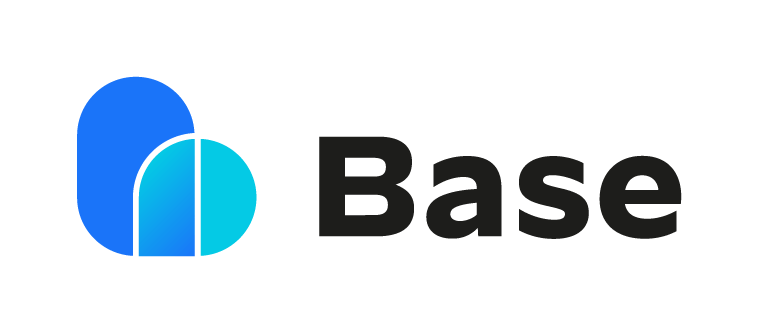Home » The Customer Led Growth Blog » Things That Were Said Around the April References Roundtable – Part 2: Sales Enablement
Things That Were Said Around the April References Roundtable – Part 2: Sales Enablement

Part 2: How do you approach Sales Enablement?
We had a super-productive reference management roundtable session with some super-productive practitioners, and we want to share some of the great things that were discussed. This is the second in a 3-part Q&A blog series that focuses on what was said.
Key Takeaways:
- Own it, but try to get sales and CS in as early in the process as possible so you aren’t working in silo.
- Be the ambassador of your program, tell teams what it’s about and what it will do for their KPIs.
- Not everyone speaks “advocacy”, be clear on communications and language.
- Recognize your internal champions for nominating references.
Q: References are a sales enablement strategy, and having a strong relationship with Sales is key to your success. In a recent roundtable discussion with some reference managers, we asked: I’m curious if there’s a strategy that you’re working with now with your sales team. Are you engaging them in the processes you’re implementing? Or are you maybe bringing them in later? What does it look like to get that sales buy-in we’re all after?
A: I wouldn’t call it “a plan”. But we definitely have a process in place where we are essentially doing roadshows with our CSM teams, and saying: “Hey, here’s our team, don’t forget about us, here’s your current process. But, oh, guess what, we’re rolling out this really new, awesome tool that is going to allow you to do nominations, reference requests, content, and so on, and so on.” To get them excited. And we’ve also kind of handpicked a couple of insider champions to kind of be our ‘beta testers’, if you will, and say, Okay, does this make sense for you? Do you understand when we say we want to put a nomination in for the reference pool? For example, do you understand what reference pool means? Because advocacy speak is pretty much a very unique language, where not everybody speaks it, they’re just like, hey, I need a reference. And a reference to a salesperson can mean so many different things. So, it’s really getting an understanding.
One of the things that I will be tasked with, that I’m doing kind of, which I will need to do more of, is the documentation that just says: “What X means in my company”. So, when we say, hey, I need a use case, because in our market use cases are very specific, we are all on the same page. So, it’s almost in a sense, like we need to tweak some of the wording. So, when someone comes and says, Hey, I need a use case, well, is it a use case? Or do you mean it’s a white paper or a customer story, for example? So just having those communication lines open right now. Because everyone is super excited, right? Because today, we go to no less than seven different locations to try and source customers. Seven locations, it blows my mind!
A2: Along those lines, too. With the beta testers. I think that’s a great idea. Also, we try to just shout out people who are following the process or like, you know, right now, we were doing like a nomination campaign when we first kicked off. So just recognizing those that are nominating the most customers to the program, you know, using it the correct way. And then also just kind of having like your own little internal champion to help kind of get it amongst the rest of the team who maybe is not following the process. Now, yeah, use the reports and potentially do like a leaderboard. Shout out for the folks that are dominating and putting that out there.
What do you find to be your ultimate solution here?

